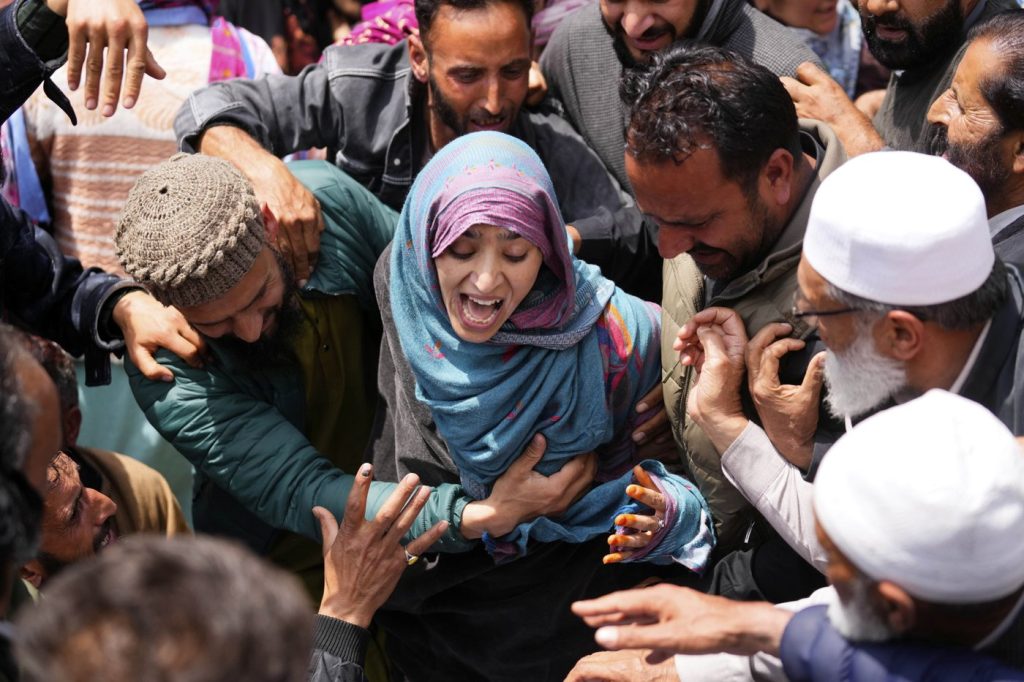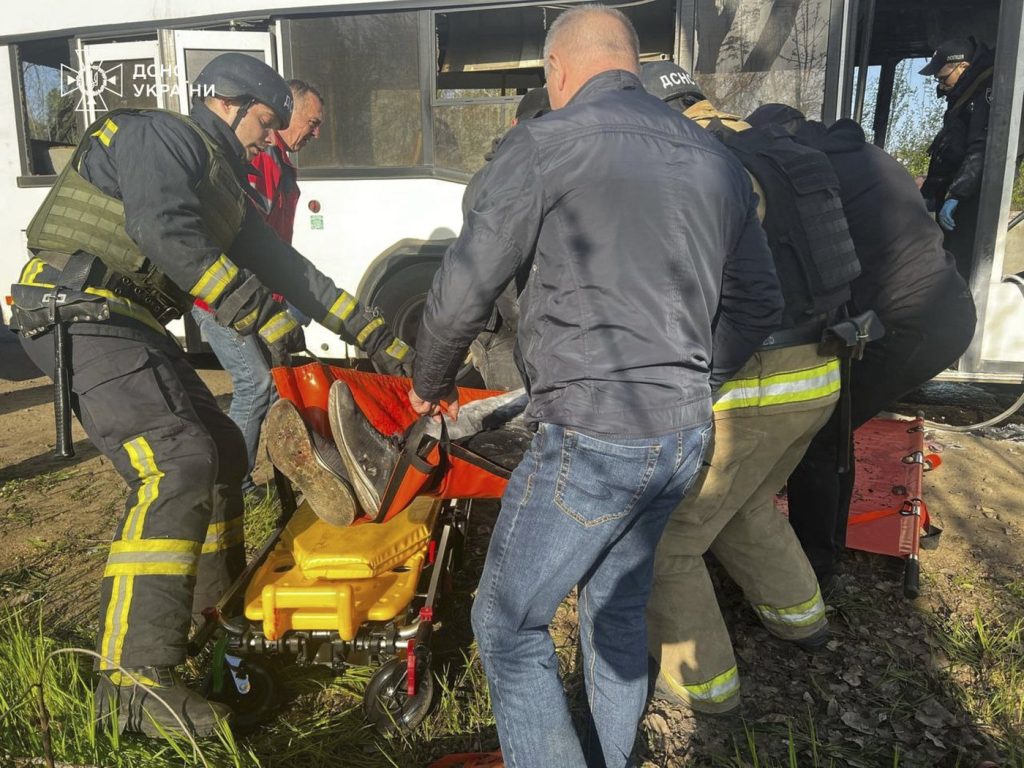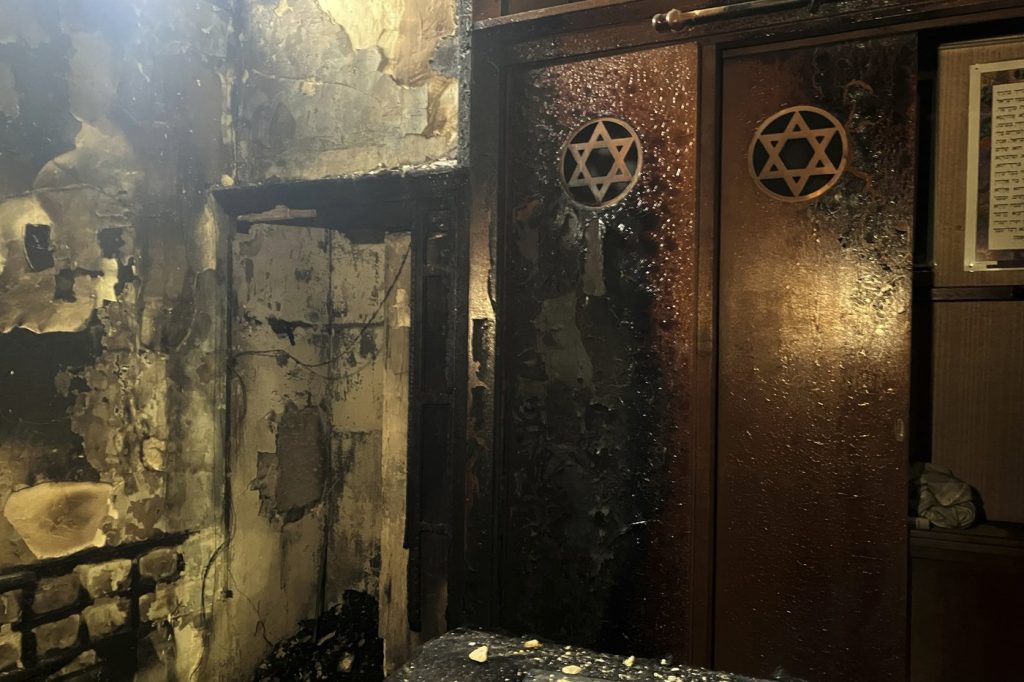On April 23, 2025, a militant attack in Indian-held Kashmir left 26 people dead, prompting India to blame Pakistan for the violence. The attack took place during a period of heightened tourism in the picturesque region, which has seen a resurgence in visitors despite ongoing tensions. The incident, described as the worst assault on civilians in recent years, involved unidentified gunmen who opened fire on tourists in a scenic valley, resulting in 24 Indian tourists, one Nepali, and a local guide being killed, along with 17 others wounded.
In response to the attack, India's foreign secretary, Vikram Misri, announced a series of diplomatic measures aimed at Pakistan. These included downgrading diplomatic ties and suspending the Indus Water Treaty, a crucial water-sharing agreement established in 1960 that has survived previous conflicts between the two nuclear-armed nations. Misri stated that a cabinet meeting led by Prime Minister Narendra Modi concluded that the attack had "cross-border" links to Pakistan, although no public evidence was provided to support this claim. In addition, Pakistan was asked to withdraw several of its diplomats from India, reducing the diplomatic presence in both countries significantly.
Pakistan reacted by stating it would address India's actions in a scheduled meeting but suggested that India was using the tragic event as a pretext to dissolve a treaty it sought to evade. Pakistan's Defense Minister Khawaja Mohammad indicated apprehension about India's framing of the situation. India's foreign secretary reiterated that the suspension of the Indus Water Treaty would remain until Pakistan denounced its alleged support for cross-border terrorism.
As the manhunt for the assailants commenced, Indian security forces deployed tens of thousands of personnel across the region. Police established numerous checkpoints and conducted thorough searches for suspects, employing helicopters to scour the forested mountains for the attackers. Responding to the attack's fallout, many businesses in Kashmir chose to close in protest, reflecting the prevailing sense of insecurity among residents.
In a larger context, the Kashmir region has long been mired in conflict, with militants opposing Indian governance since 1989. The Jammu and Kashmir region is claimed in full by both India and Pakistan and remains a flashpoint for violence. The newly claimed responsibility by a hitherto unknown group, Kashmir Resistance, on social media, ignited further tensions as they claimed that the victims were not ordinary tourists but individuals affiliated with Indian security forces, further complicating the already tense situation. This claim remains unverified by independent sources.
The aftermath of the attack saw a swift response from Indian officials. Home Minister Amit Shah visited Srinagar to pay tributes to victims and meet with their families. Shah assured that the government would impose the "harshest consequences" on the perpetrators. Regional officials expressed their heartbreak over the impact on tourism, noting the irony that the valley, previously experiencing a boom in visitors, was now witnessing a mass exodus of tourists seeking safety.
The Indus Water Treaty, vital for resource sharing between the two countries, serves as a reminder of the intricate relationship India and Pakistan share over Kashmir. Historically, the region has witnessed various conflicts and violent engagements that have marred its landscape, and the latest incident underscores the fragility of peace in the area. While Kashmir experiences a gradual return of tourist activities, the recent attack and subsequent geopolitical maneuvers have raised serious concerns over safety and stability in the region.












